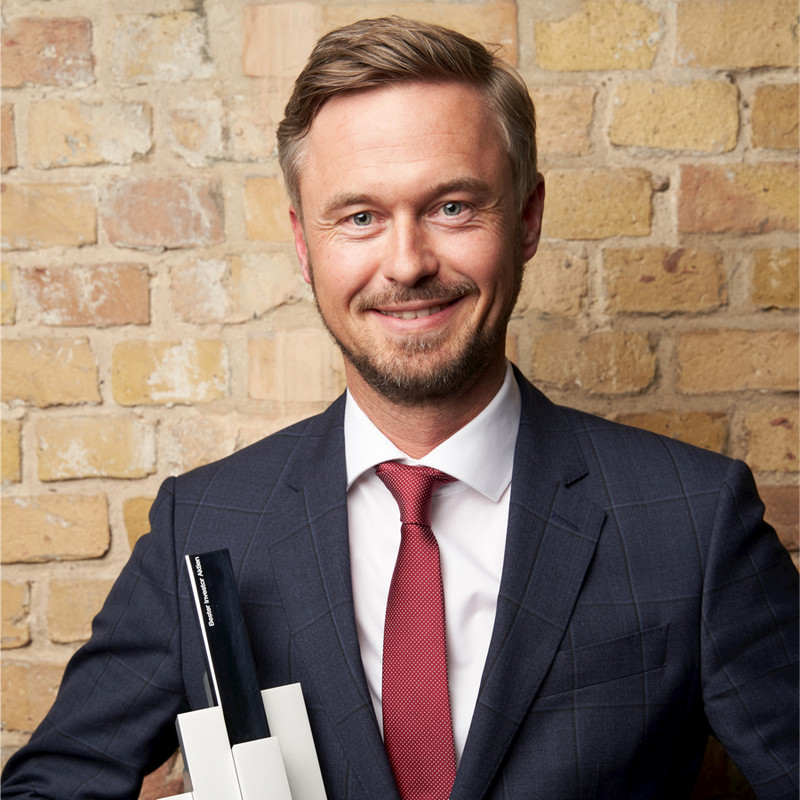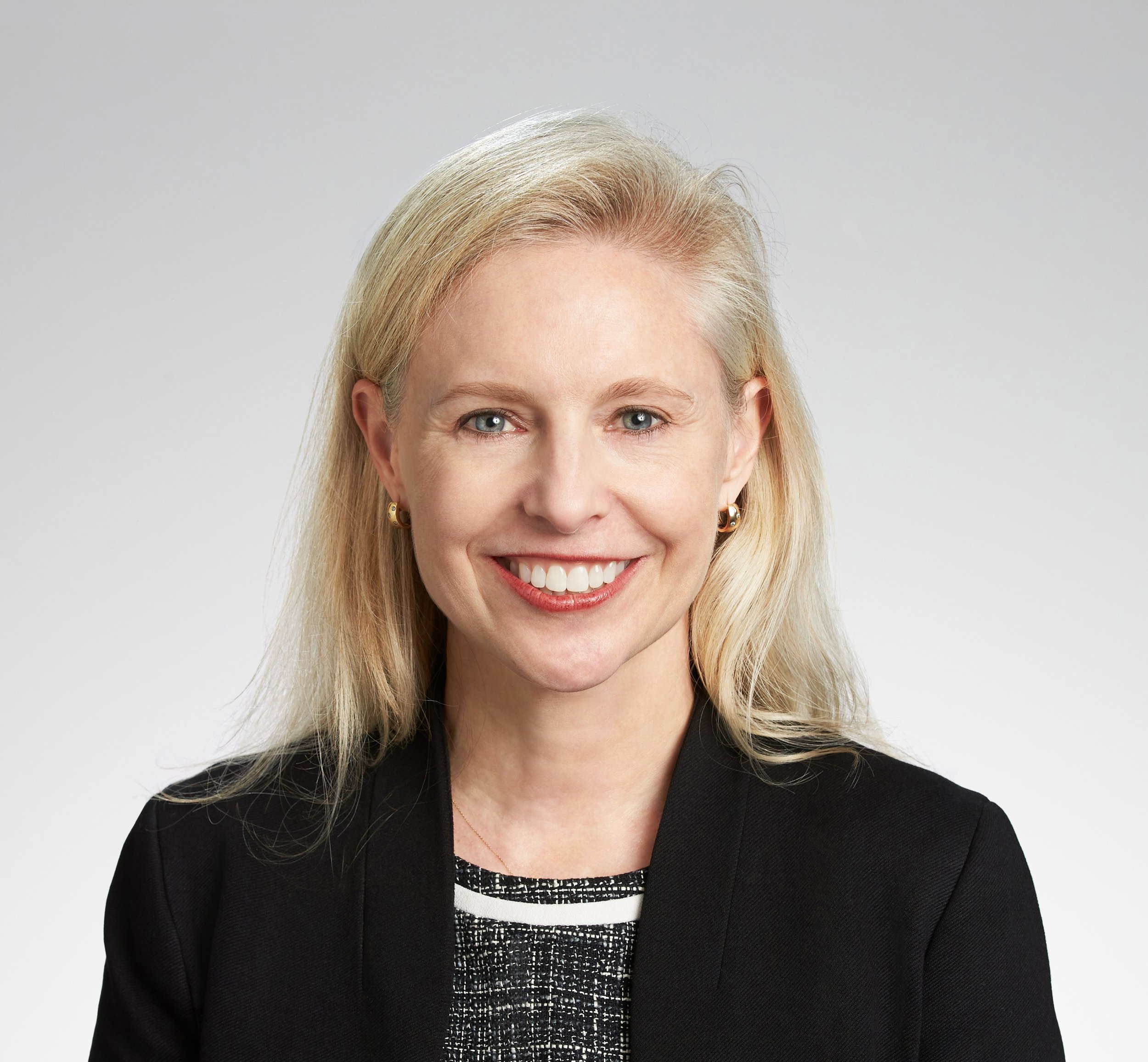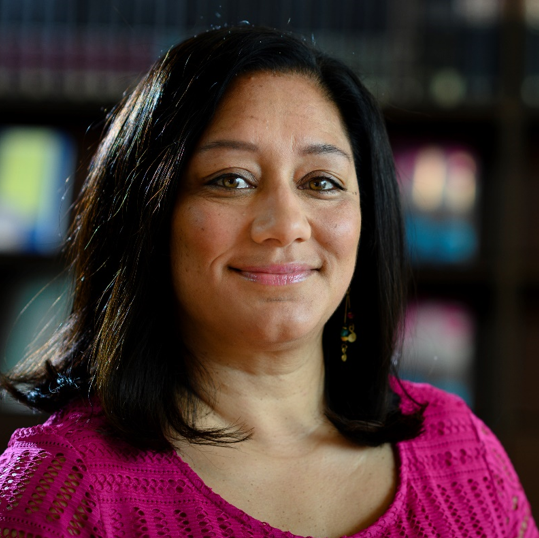2 min read
Markus Schmidt, Director, Pension Fund Management, UniCredit Bank AG
Phenix Capital Sep 13, 2023 8:00:00 AM

IS THERE ANY CAREER HIGHLIGHT THAT YOU’RE PARTICULARLY PROUD OF?
In 2019 we completely changed our mindset and integrated sustainability in the whole investment process and in each strategy and fund where we invest. As a result, for example, we lowered our carbon footprint in equities by 50%, carried out sustainable renovation measures on properties, started a sustainable infrastructure program and grew green and social bonds to 60%.
Winning two ESG-Awards in 2022 and 2023 was a great confirmation, but on the other side, it also made me think. We are just a small team, and we are just at the beginning. To really have a significant impact we need larger investors to start with sustainable investing, too. Many have already started like us but having the whole community on the same page could probably change things a lot.
HOW DO YOU SEE PENSION FUNDS INCORPORATING SUSTAINABILITY WITHIN THEIR FIDUCIARY DUTY? WHAT ABOUT BANKS? HAS THAT CHANGED OVER TIME?
A good question. It depends on how you implement it, and to what extent.
We incorporate sustainability as long as we do not negatively impact the risk-return profile.
If you just work with exclusions, then you run the risk to get a poorly diversified portfolio. And acting as a philanthropist is not in line with fiduciary duty.
From my point of view, it is important to have a mixture of exclusions, best-in-class, voting and engagement, and positive criteria. We use for example the UN SDGs as a compass in our asset allocation. And to be honest: this is much more fun. It is much more interesting to search for sustainable investments with a great risk-return profile than just excluding the worst and discussing adequate thresholds. There are enough sustainable opportunities, and the UN SDGs are a great framework to help us to allocate to the right boxes. We also aim to support transformation and make impact investments where possible.
WHAT DO YOU IDENTIFY AS THE BIGGEST CHALLENGE IN THE INVESTMENT INDUSTRY AT THE MOMENT?
I don’t know what the biggest challenge for the industry is. We do see issues with a couple of things: the ring-fencing of green bonds, the correct measurement of scope three emissions, the quality of engagement, adequate exclusions and transparency in private markets. I would say, one major issue besides data is the different regulations, rules, and their complexity -
think about the low correlation between ESG ratings and different carbon footprint measurements.
I know some pension funds that want to wait for a perfect ESG solution, but I do not expect there will be a final one-and-only approach.
We should not make it too complicated, to not lose important market players. For us, it is like a journey, we go on step-by-step.
WHAT DO YOU THINK IS MISSING IN THE INDUSTRY?
We are a pension fund that wants to have a positive impact and wants to integrate sustainability in all asset classes, but we collaborate with external managers and have to rely on their tools and capabilities. They all have net-zero targets, are UN PRI signatories, and have very long engagement policies, but if we go into deeper discussions, we sometimes do not get what we would expect. Of course, there are some niche impact strategies, but if you want to integrate a smart and sustainable LDI strategy the solutions are getting thin.
We need more sustainability in the broad investments, that represent the large money pools.
Currently, impact strategies do not have meaningful volumes yet. On the positive side, the close collaboration and exchange support change here too.
WHAT ARE SOME OF THE MOST USED AND ABUSED CLICHÉS IN SUSTAINABILITY/SUSTAINABLE FINANCE THAT BOTHER YOU?
For me, the term net-zero is somewhat misleading. What we need right now is a steady reduction of carbon – and this will absolutely not be done by buying carbon credits.
I already mentioned the different approaches to sustainable investing. As too often there are two very different opinions. There are investors that say: “I cannot integrate sustainability due to fiduciary duty”; others say it is a “win-win-win situation”. A sustainable investor would not touch a coal exploring project, even with a 50% margin of safety and 30% guaranteed return. This is the trade-off. however, we are confident that we will find enough investments that match our sustainable risk-return profile.
+-+Copy-2.jpg)
Vikram Raju | Head of Impact Investing, Morgan Stanley Investment Management AIP Private Markets
HOW DID YOU GET INTO IMPACT INVESTING?

